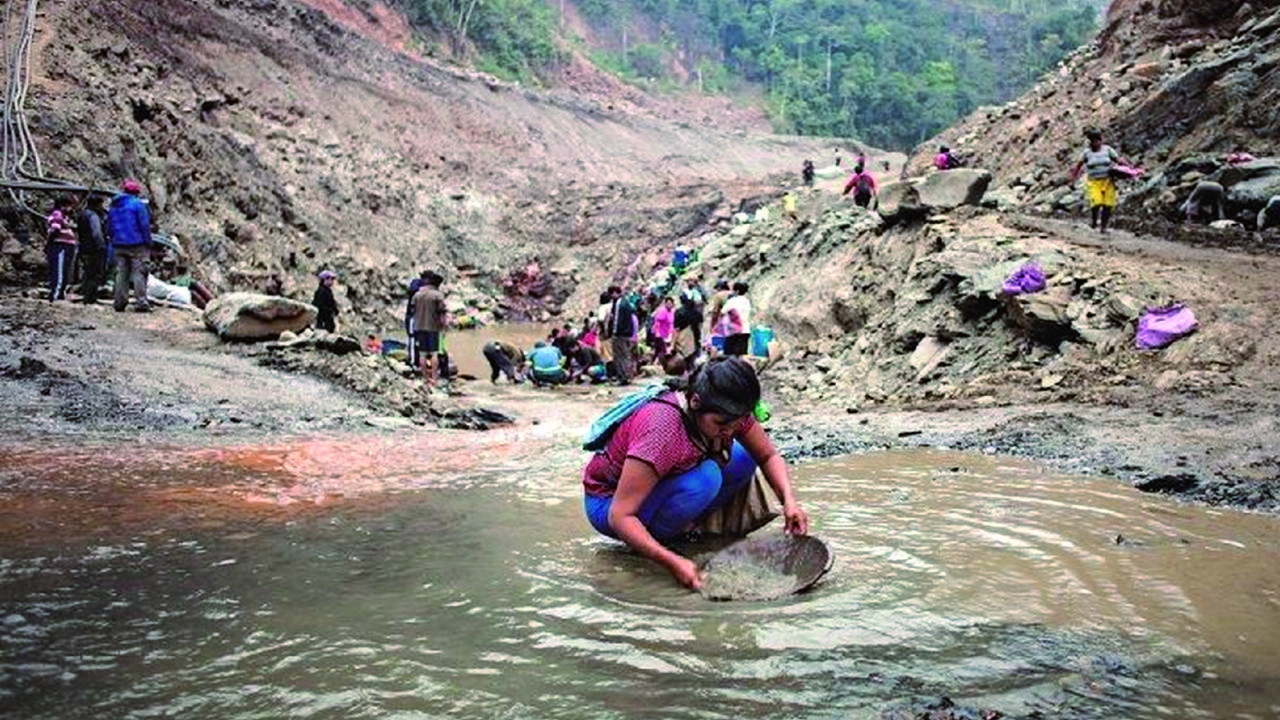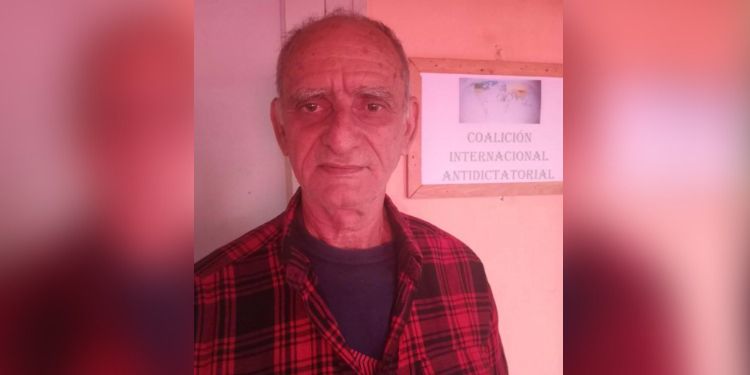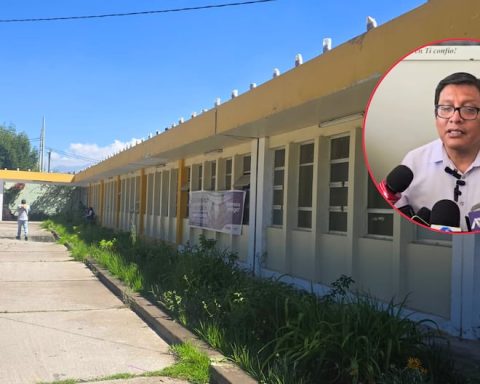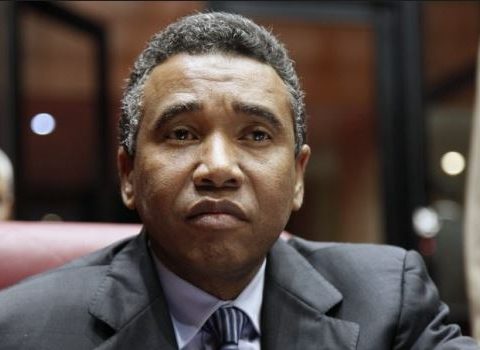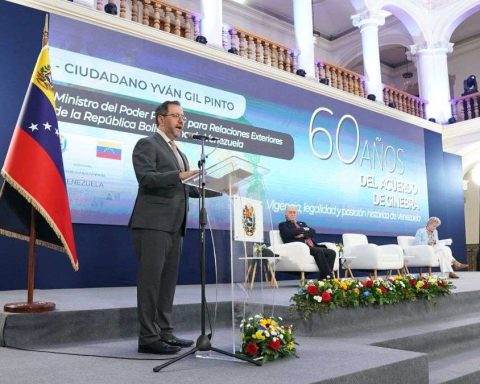Page Seven / La Paz
The National Mineral Marketing Registry Service (Senarecom) put into effect the “Gold Infractions and Sanctions Regulation (RIS)” that excludes from possible sanctions for faults the country’s gold cooperatives, which observed the rule before its validation .
The regulation was approved by board resolution 001/2022 of January 31 of this year.
“This regulatory instrument should initially be directed only at gold trading companies, since including cooperatives would lead to a social problem that will not allow its validity or approval, as is the case of the RIS by Senarecom through a 2018 board resolution,” warns in the considering part of the new regulation.
This is based on the technical report UCCI/INF/120/2021 of November 9, 2021, which indicates that Senarecom needs to have a regulatory instrument that allows it to establish infractions and apply sanctions in the gold marketing phase, for high volumes sold in recent years.
Resolution 001/2022 also mentions the legal report ULE/INF/No 467/2021, which refers to the approval of a RIS on November 23, 2018. This regulation, which consisted of the publication in a medium of circulation national, it was annulled.
“There was sensitivity on the part of the reaction of the cooperatives, so said publication was paralyzed to date (January 2022)”, underlines the legal report.
No progress was made on this in 2019-2020 either. “Now the regulation will only reach gold trading companies and does not reach productive mining actors such as cooperatives, or their members or non-members,” the resolution clarifies.
This regulation includes minor and serious sanctions, such as errors in filling out forms, not having scales calibrated by Ibmetro, not paying the mining royalty in the corresponding percentage, or lying on the affidavit.
The latter can even lead to criminal proceedings, apart from the sanction.
Cedla investigator Alfredo Zaconeta observed that the resolution only concentrates sanctions on marketers, deliberately omitting infractions by mining operators, such as cooperatives, who hold 94% of national production by 2020, and also intermediaries within the commercialization.
He added that it is only a palliative to combat the different problems that gold is going through, from the granting of licenses, exploitation, commercialization and export.
“What is required is a Comprehensive Gold Law that addresses all of its problems. It is noteworthy that this resolution of infractions and sanctions was already ready since November 2018, however, the authorities on duty breached their duties by not publishing it and putting it into force, for fear of a conflict with the mining cooperative sector. , which at that time (2018) dominated 99% of the national gold production,” he said.
You can also read: Study: More than half of the gold that leaves the country does so without state control
The exclusion of cooperatives from the RIS would respond to the fact that Senarecom mainly regulates companies dedicated to the commercialization of minerals, while production is under the control of other entities.
The president of the Committee on Land, Territory, Environment and Natural Resources of the Senate, Cecilia Requena, said that the State’s weakness in exercising its functions of guaranteeing the rule of law and law enforcement in the country is worrying.
According to the senator of the Citizen Community, the power of pressure of a sector that is reinforced by the lack of job options in the country and that could be an adequate response if it is properly conducted and controlled is undeniable.
“That the initial documentation of the regulation explicitly excludes cooperatives from the application of this rule (although not the text of the regulation) for reasons of social pressure demonstrates and reinforces a situation that has been out of control for a long time,” he observed.
He added that this situation threatens to generate more serious conflicts, illegal exploitation and export, looting of non-renewable resources, abuse against local communities, poisoning of water and populations with mercury, and more environmental devastation with serious collective consequences, many of which are irreversible.
In 2020, the export of 331 kilos of gold to the Indian citizen Amit Dixit, who subsequently left the country, was withheld. In the sector, it is said that due to the lack of the RIS, stronger sanctions could not be applied.
